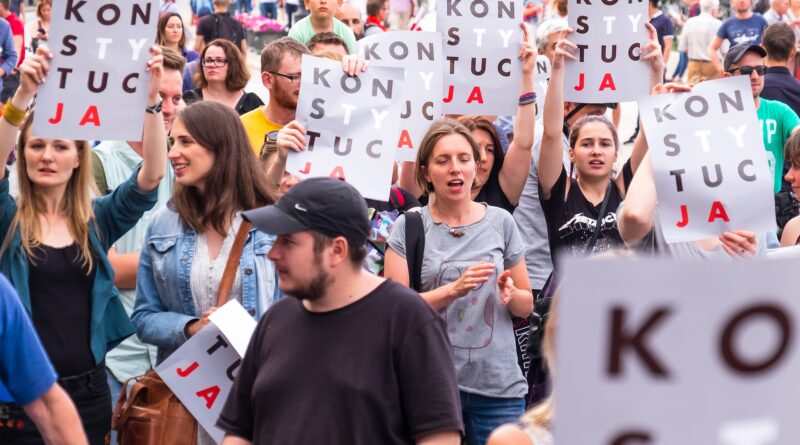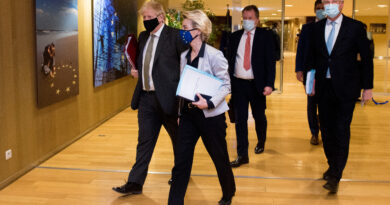EU Commission takes Poland, Czechia to court for restricting electoral rights of EU residents
The European Commission is taking Poland and the Czech Republic to court for not allowing citizens from other EU countries to join political parties and run in elections.
Both states restrict the right to join or to found a political party to their own nationals. As a result, citizens from other countries are not allowed to stand as candidates in elections.
This is considered a form of discrimination towards other EU citizens who reside in the countries and a violation of their right to “stand as candidates in local elections and in elections to the European Parliament under the same conditions as nationals” guaranteed by the EU Treaty.
Polish and Czech citizens who live in other EU member states can participate in local and European Parliament elections there.
The European Commission launched the legal actions several years ago, putting Czechia on notice in 2012 and Poland in 2013. Both countries claimed that their respective laws were in line with the EU Treaties.
The case was followed up in 2014 but then the topic was shelved. Only last December the Commission asked for an update on legislative changes. Whilst Poland reiterated its earlier position, the Czech Republic did not reply and there has been no notification of any legislative developments addressing the issue.
Earlier in June the Commission decided to refer the two countries, the only ones where non-nationals are barred from joining political parties, to the EU Court of Justice.
“The steps taken by the Commission to enforce European electoral law linked to freedom of movement in these two member states are welcome, but more are needed,” commented Tony Venables, founder of the ECIT Foundation on EU citizenship.
“We would like to see the Commission start infringement procedures against those member states – Cyprus, Denmark, Ireland, Malta and Germany (after 25 years) – which disenfranchise their own citizens living abroad in the EU from voting in national elections,” he argued.
Mr Venables said the foundation is preparing a complaint in this regard and is supporting the initiative “Voters without borders” to extend voting rights for EU citizens to regional and national elections, as well as referendums, in their country of residence.
The Commission is expected to make proposals to improve the electoral rights of EU citizens later this year.
Several court cases about citizenship and residence
As part of the regular package of legal procedures against member states for lack of compliance with EU law, the Commission also urged Cyprus and Malta to stop “selling” EU citizenship.
The Commission considers that by operating “citizenship by investment” programmes that offer national (and therefore also EU) citizenship in exchange for pre-determined payments, these two countries fail to comply with the EU principle of “sincere cooperation” and with the definition of “citizenship of the Union”.
The Commission started these infringement procedures in October 2020. While Cyprus has repealed its scheme and stopped receiving new applications on November 1st 2020, it continues processing pending applications. As for Malta, the previous investor citizenship scheme is no longer in force, but a new one was established at the end of 2020. Both countries have now two months to address the Commission’s concerns.
Malta, as well as Lithuania and Slovenia, have also been asked to correctly enforce EU rules on long-term residents.
The directive defining how non-EU nationals can obtain long-term residence in the EU (after continuously residing in an EU country for 5 years) covers the right to equal treatment and supports their integration.
However, the Lithuanian law only considers residence based on a ‘temporary residence permit’ and excludes people with long stay visas. Slovenian legislation about access to immovable property, such as real estate, by non-Slovenian citizens can exclude long-term residents. Maltese law requires applicants for long-term residency to prove a certain knowledge of the Maltese language, while applicants for Maltese citizenship by naturalisation have the choice between Maltese or English. Each country has now two months to respond.
By Ambra Cortese
Image by Robert Pastryk from Pixabay





